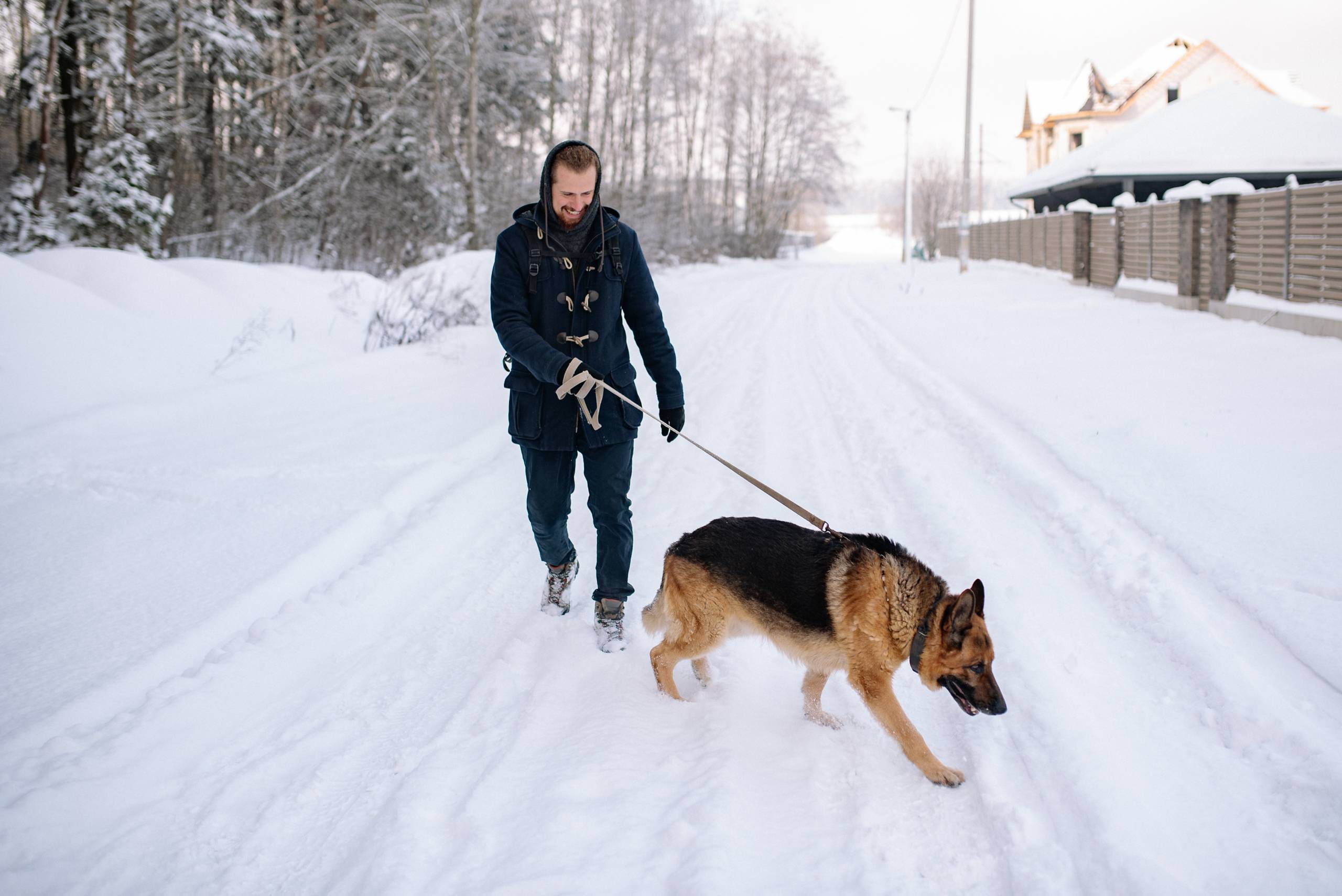Category: Positive Dog Training
-

When to fix a female dog?
Deciding when to spay a female dog is one of those common choices that quietly shapes her health, behavior and your day-to-day life for years. For most dog lovers the question isn’t abstract — it ties directly to whether you want a calm house pet, a competitive show dog, or a carefully managed breeding program;
-

What can i add to my dogs food?
Many dog lovers add toppers or supplements to improve palatability, address nutrient gaps, or support specific health goals. Boosting Nutrition: Why You Might Add Extras to Your Dog’s Food Adding something to a dog’s bowl is often practical: it can make a fussy eater more willing to eat, help fill shortfalls when a family feeds
-

How much does it cost to get a dog fixed?
I talk with dog owners every week about the practical side of spay and neuter — not just the ethics, but the money, recovery, and what an owner should expect before and after surgery. If you love dogs and are planning care for a pet or deciding when to arrange sterilization, the choices you make
-

How much pumpkin puree to give a dog?
Pumpkin is a common, easy-to-find option many owners reach for when they want mild gastrointestinal support or a low-risk topper—it’s largely valued because it may help firm or loosen stool without complicated ingredients. Pumpkin and your dog: the nutritional perks and when it’s helpful Many dog owners choose plain pumpkin because it combines soluble and
-

How to install a dog door?
Installing a dog door can change daily life for both you and your dog: it can reduce accidents, give pets access to fresh air and exercise, and make mornings and evenings less frantic. Below I explain who benefits, when it’s appropriate, how to install one safely, and what to watch for once it’s in place
-

How to cut dog hair?
Cutting a dog’s hair at home can be practical and rewarding when done thoughtfully. This guide lays out why trimming is done, the quick steps for a safe haircut, the coat biology that informs technique, when to cut, safety red flags, a detailed sequence to follow, how to set up and train your dog for
